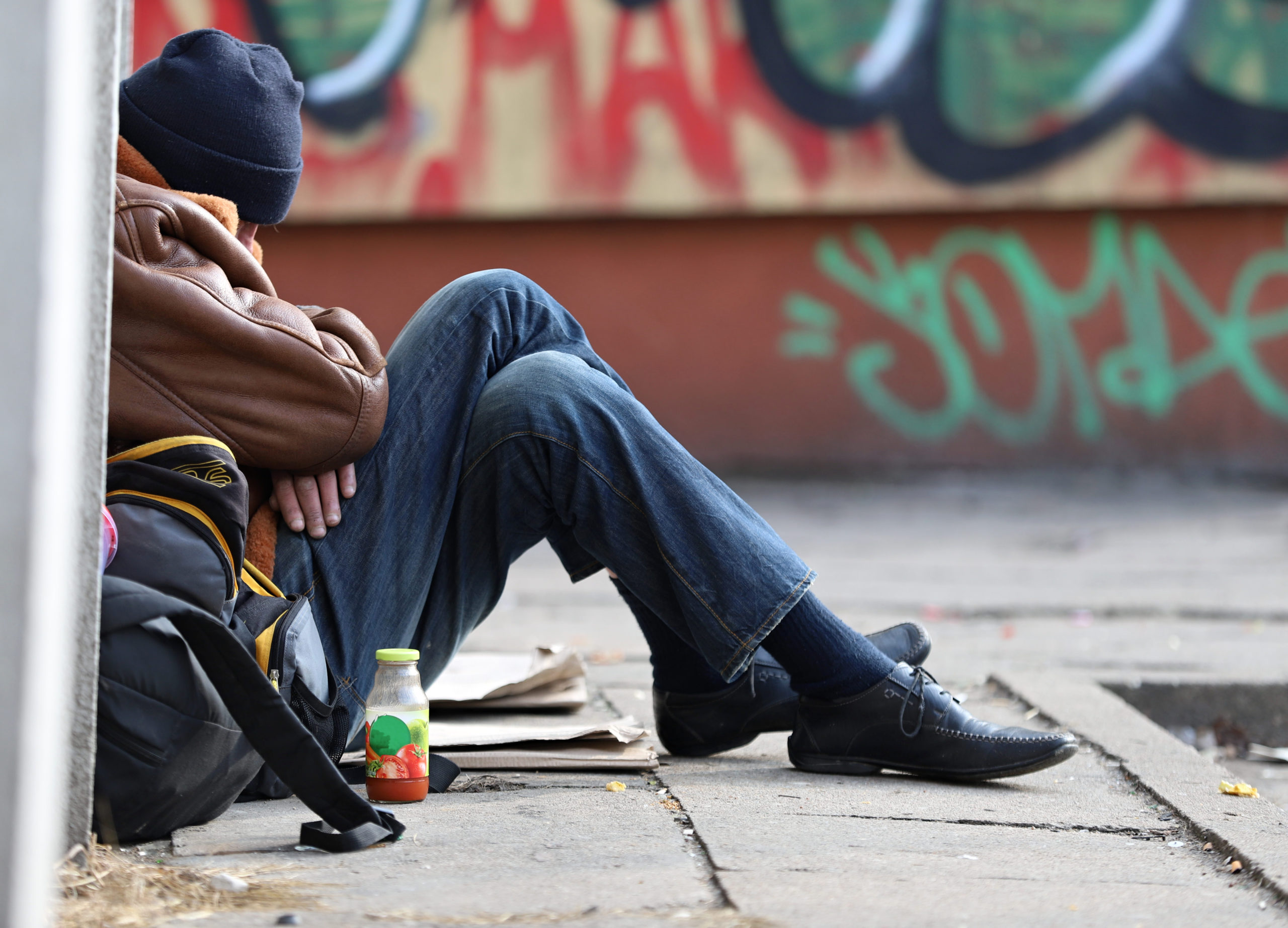In the past week, we’ve published several articles addressing the coronavirus (also known as COVID-19) within the recovery community. For today’s piece, though, we wanted to send out an alert for those who may be most at risk for contracting it. These insights come courtesy of The Massachusetts Sun and are actually quite helpful.
For starters, let’s look at the most obvious section of high-risk addicts. That would, of course, be the homeless population (and one that is particularly prominent in our home region of Los Angeles). Tragically, living on the streets is a common side effect of an addiction. Surrendering yourself to a substance often means losing your finances and, quite possibly, your home.
Having to survive outdoors is harsh enough, but now imagine the risks it poses during the age of COVID-19 and self quarantining. These people have no house or apartment to barricade themselves in, making them a prime target for the virus. And let’s not forget that addicts within this set are often dealing with hardcore substances, such as heroin, which can lead to bad decisions and exposure to unsanitary situations (such as dirty needle sharing).
Infectious disease physician Dr. Daniel Solomon was interviewed for the Massachusetts Sun article, offering care and concern for addicts currently in the throws of homelessness.
“Homeless, particularly those sleeping in crowded shelters are at a very high risk,” he said. “We know they are particularly vulnerable to the coronavirus. What can be disruptive to us can be devastating to them.”
It is worth noting that those with pre-existing health conditions battling addictions should be on high alert as well. This includes anyone who has been diagnosed with hepatitis C, HIV, AIDS, liver disease, diabetes or any form of cancer. Dependencies know no bounds and can easily strike people who fall into any of those categories. The problem is, they often have weakened immune systems; which not only puts them at risk for contracting the coronavirus, but also dying from it.
Obviously there are no easy answers to any of these scenarios, but it is important for them to be brought to the forefront. There most certainly are support resources available if someone you are close to is addicted and at high risk for contracting COVID-19. Our advice for the first step is to simply reach out and get in touch.







